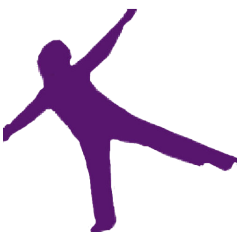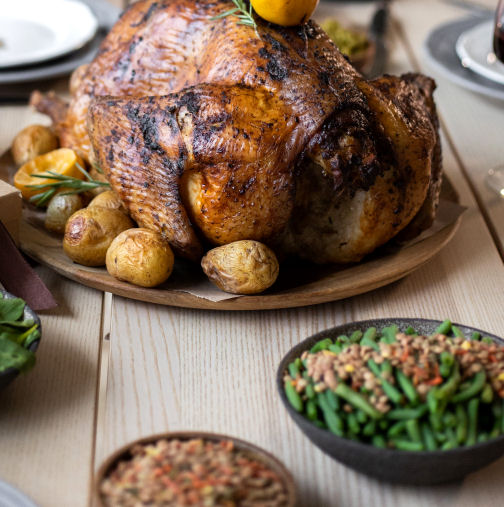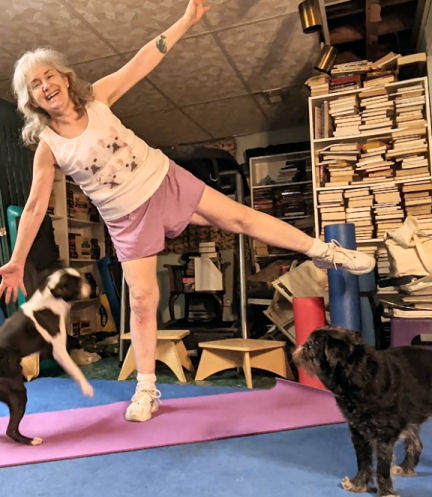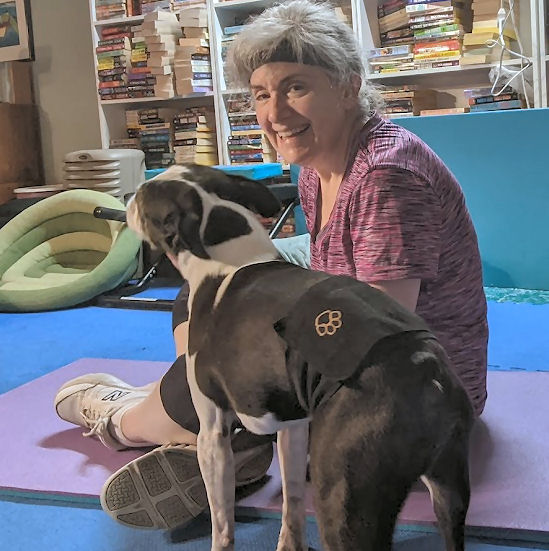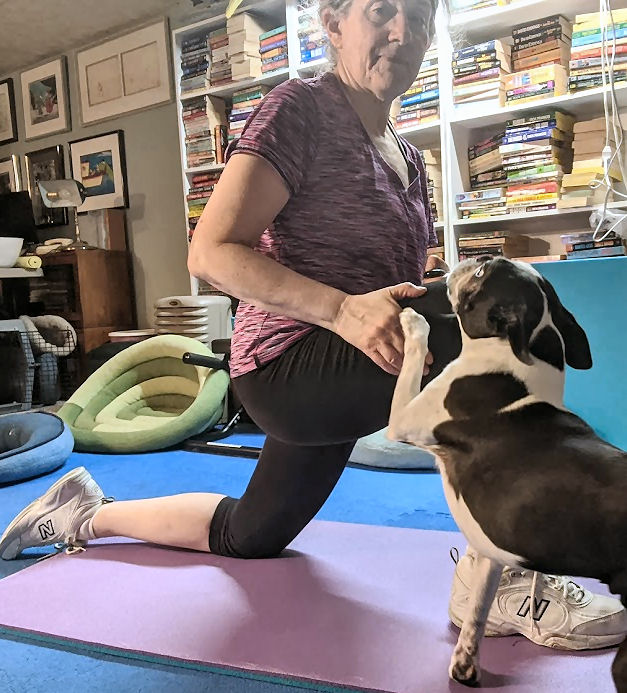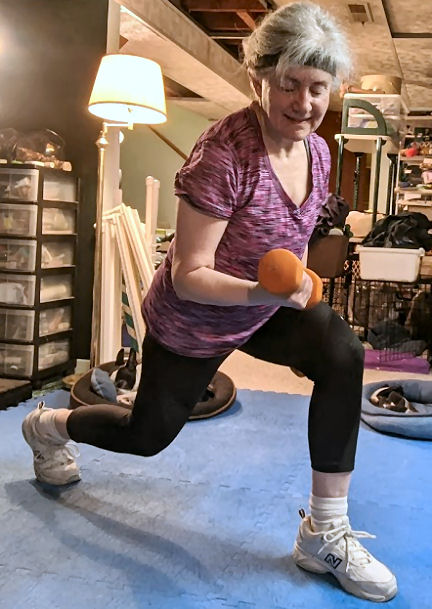Yesterday was Thanksgiving Day here in the US. Happy Thanksgiving to my readers! I am truly thankful for you! Traditionally it’s a day of football, eating until you’re too stuffed to eat any more, and then collapsing in a turkey coma on the couch. As I wrote last week, Thanksgiving for me is truly a day of gratitude for family and friends, and food. Ours was a very small celebration yesterday – just two of us. But we had all of our Thanksgiving favorites – turkey, dressing (it’s dressing not stuffing because we don’t stuff the bird!), cranberry relish and brussels sprouts (yes, we love our sprouts!). And dessert. And I had everything. Because when you really, really want something, it’s perfectly OK to have it.
Everything in moderation
I’ve written about my “everything in moderation” philosophy. I never deprive myself. If I really, really want something, I have it. Perhaps just a little bit of it, but enough to satisfy the craving.
I love our stuffing – or dressing. It’s really a savory bread pudding with minimal herbs and spices. We salt and saute a few pounds of onions and a whole head of celery in vegetable oil until they’re nicely browned and caramelized (this takes a while). We mash a loaf of stale (or lightly toasted) egg bread with a few eggs and a quart of warm milk. Add a little more salt, mix everything together, turn it into a casserole sprayed generously with cooking spray and bake it for a few hours, stirring to get the maximum amount of crustiness every half hour or so. I’m making myself hungry writing about it.
I don’t skimp
When dinner time comes around, I give myself a regular sized portion. When I finish that, if I really, really want more, I give myself another spoon. It’s Thanksgiving, after all.
I don’t feel guilty about it. I don’t second guess myself. I know there are lots of calories in it. But it’s worth it to me to work out extra the next few days.
Because if I didn’t have exactly what I wanted, I’d think about it. I’d mope about it. I’d overeat in another way. I’m doing myself a favor in eating exactly what I want.
